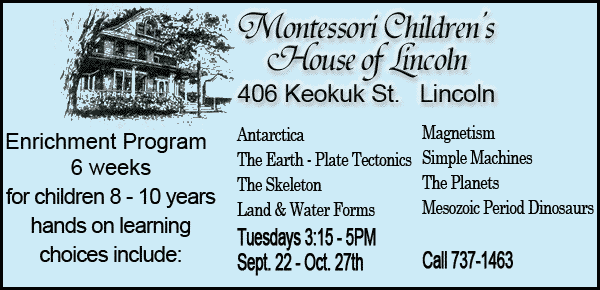| ||||||||||
| ||||||||||
"He's the fastest of the fast, the wittiest man in the business," Brooks once said of him. Deciding to expand his horizons, Gelbart also co-authored a revue, "My L.A.," which was a local hit in 1948. His first foray to Broadway was far less successful. His 1961 play, "The Conquering Hero" closed after seven performances. His next Broadway show, "A Funny Thing Happened on the Way to the Forum," written with Burt Shevelove, enjoyed a far better fate the following year. Based loosely on the Roman plays of Plautus with songs by Stephen Sondheim, the show was a runaway hit, resulting in road companies and a 1966 movie with Zero Mostel and Phil Silvers. After the play's success, Gelbart decided to move with his wife and five children to England, quipping that he wanted "to escape religious freedom in America." They remained there for nine years, and his only notable work during that time was a script, written with Shevelove, for the 1966 black comedy, "The Wrong Box." By the time he returned to Hollywood, however, he had a broader view of the world that he said helped him tackle "M-A-S-H." "I make jokes all the time," Gelbart once said of his penchant for comedy. "It's a tic
-- a way of making myself comfortable. I can't imagine not having humor to lean on." Gelbart also returned to the theater with "Sly Fox," which transformed Ben Jonson's Elizabethan "Volpone" to Gold Rush San Francisco. Starring George C. Scott as the devious miser, it was a solid success. "Mastergate," a scathing treatment of the Watergate and Iran-Contra scandals, flopped in 1989, but Gelbart scored the same year with "City of Angels," a musical spoof of Hollywood movies and crime novels. His films "Oh, God!" with George Burns as a philosophical deity, and "Tootsie," with Dustin Hoffman as a cross-dressing actor, both brought him Academy Award nominations, and the HBO movie "Barbarians at the Gate," about Wall Street chicanery, brought another Emmy. Larry Simon Gelbart was born in Chicago, moving to Los Angeles while in high school. He married singer and actress Pat Marshall in 1956 and they raised their two children, Becky and Adam, and her three by a previous marriage, Cathy, Gary and Paul. Cathy died of cancer at age 50.
[Associated
Press;
Copyright 2009 The Associated Press. All rights reserved. This material may not be published, broadcast, rewritten or redistributed.

News | Sports | Business | Rural Review | Teaching & Learning | Home and Family | Tourism | Obituaries
Community |
Perspectives
|
Law & Courts |
Leisure Time
|
Spiritual Life |
Health & Fitness |
Teen Scene
Calendar
|
Letters to the Editor